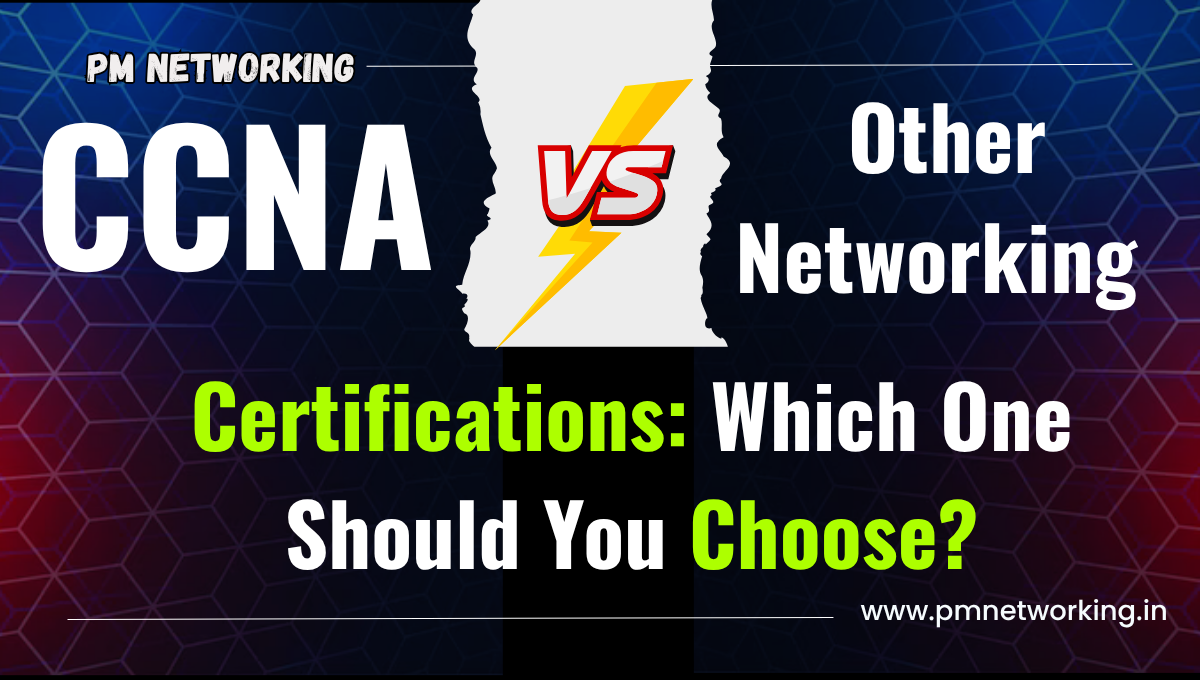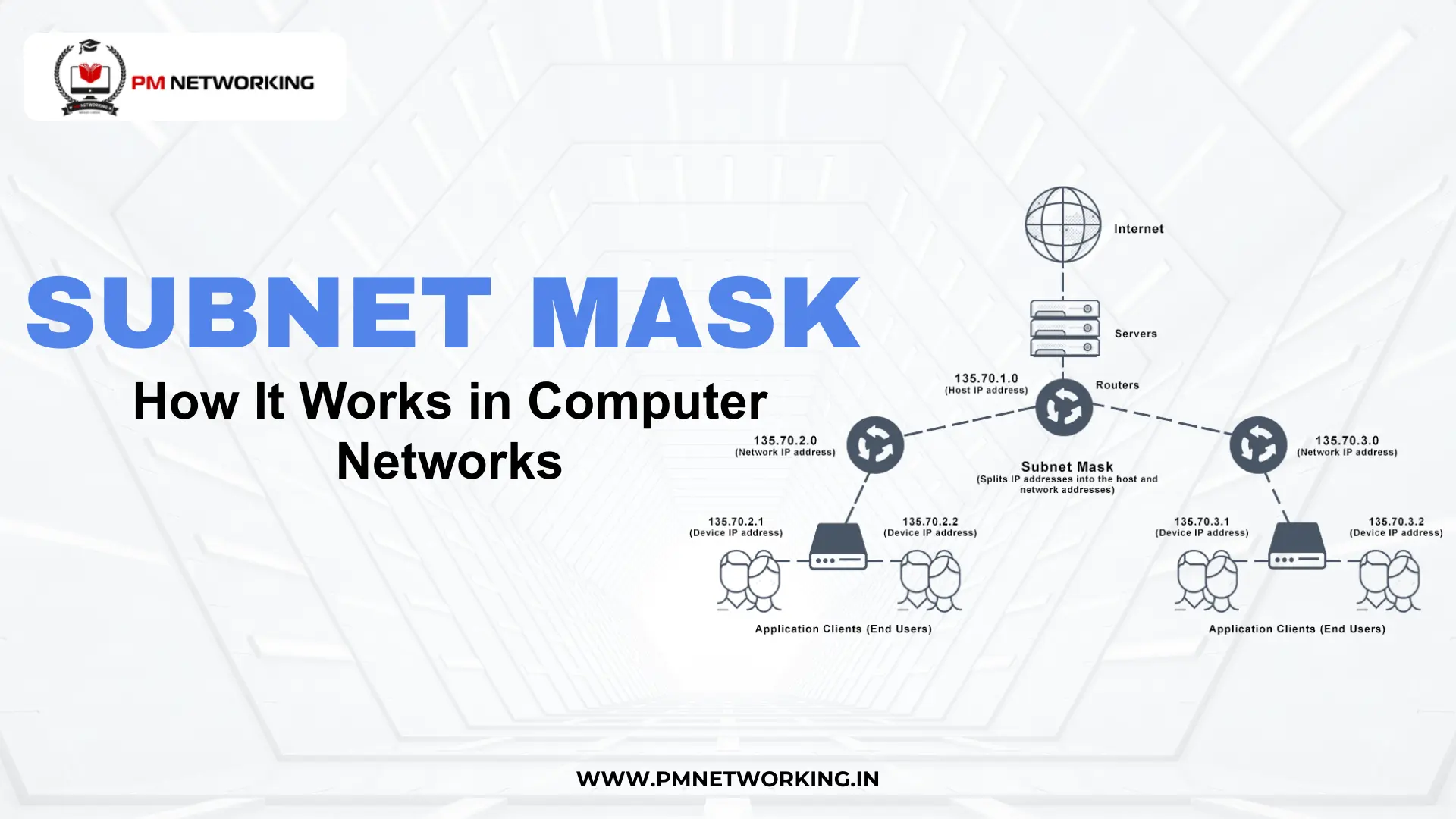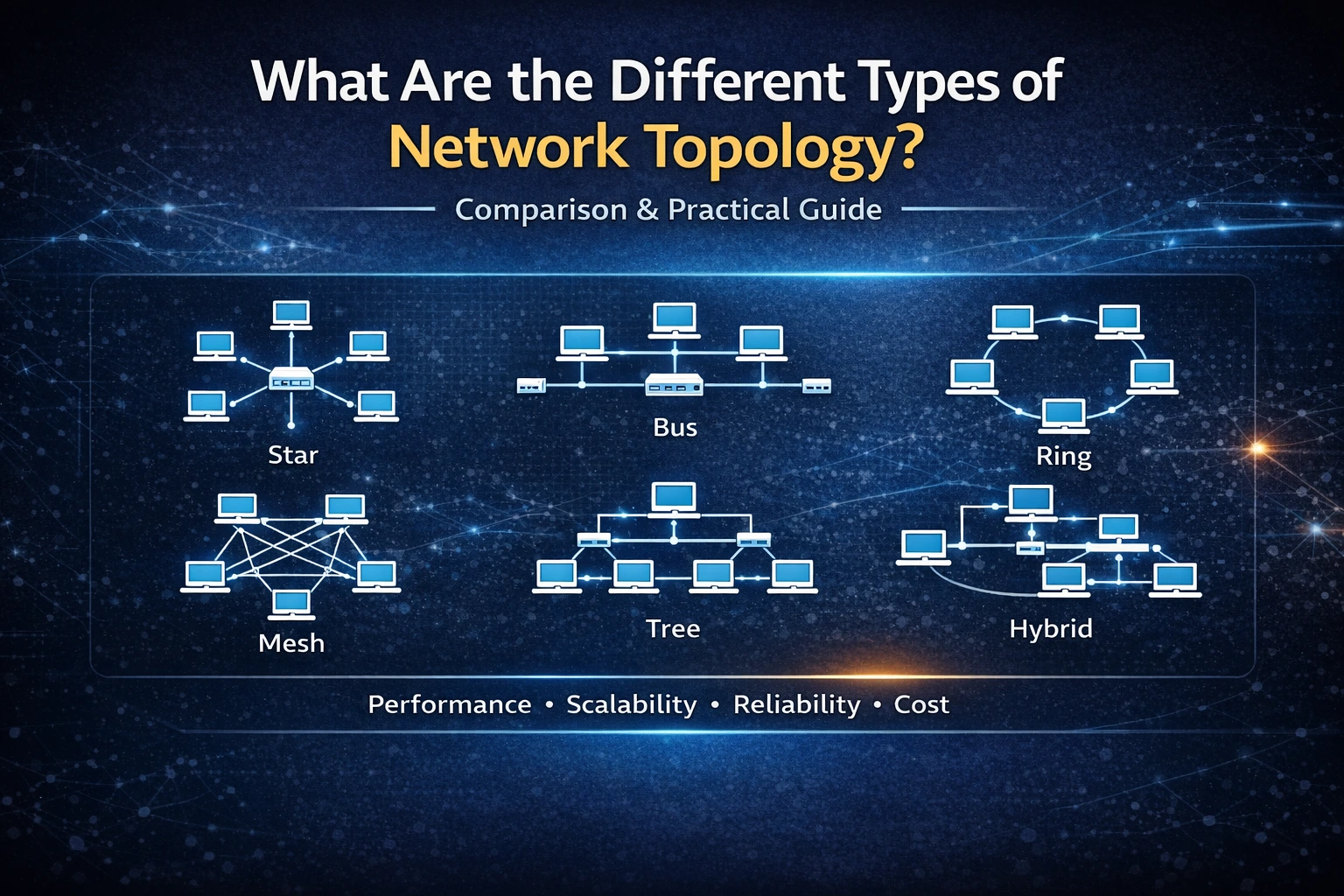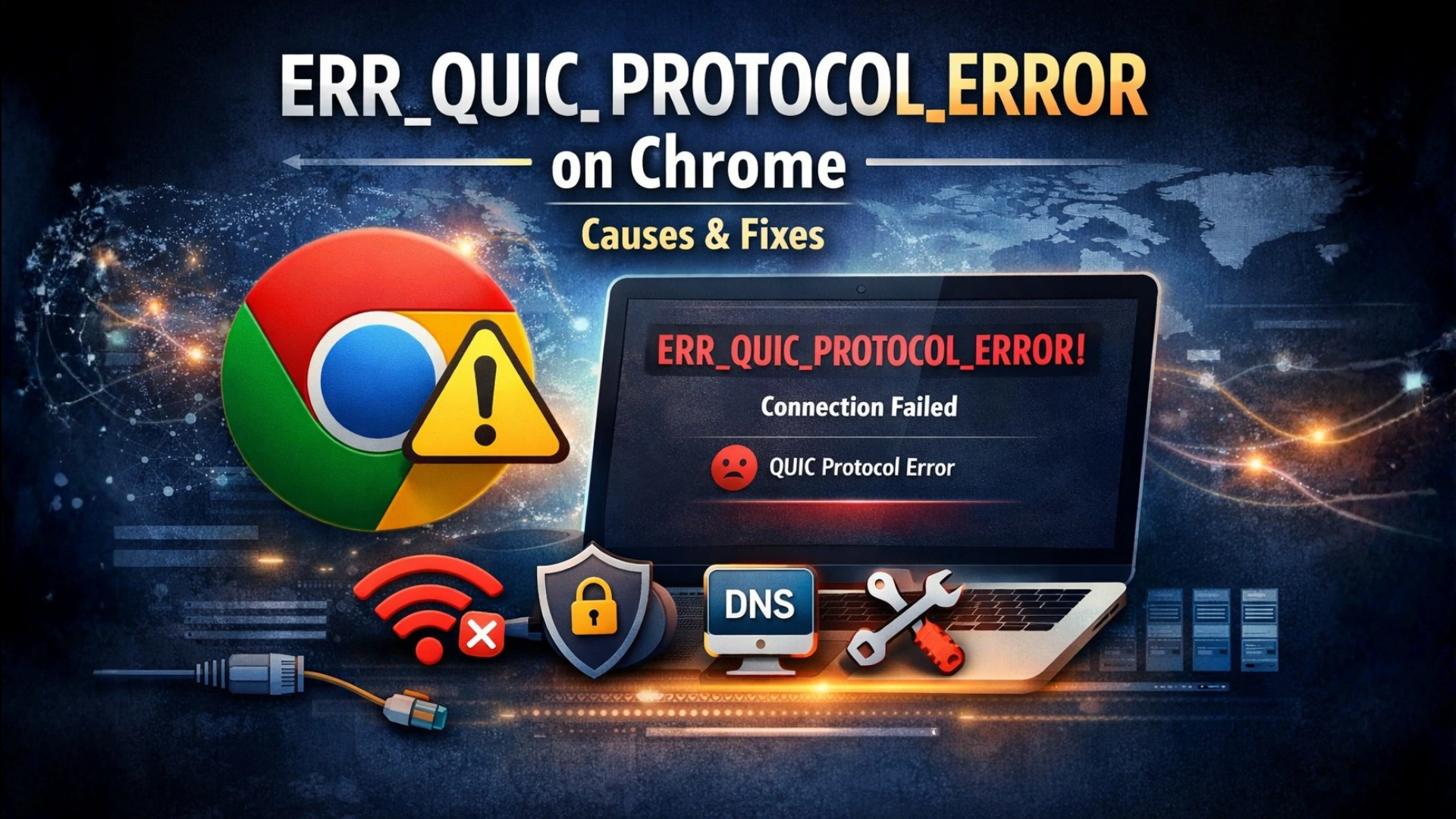
If you are looking for a career in the networking industry, chances are you would have come across the CCNA. CCNA is Cisco’s Certified Network Associate (CCNA) certification has long been a benchmark for students and professionals looking to prove their networking skills. But as there are lots of courses available in the market and it is natural to wonder which one is the best fit for you.
Let’s understand about CCNA and other similar popular certifications like CCNA and which one you should go for depending on your career goals.
What is CCNA?
The Cisco Certified Network Associate (CCNA) certification is one of the most recognized credentials in the IT industry. It focuses on fundamental networking concepts such as IP addressing, subnetting, routing and switching, security fundamentals, and automation.
The Cisco Certified Network Associate (CCNA) certification is one the most popular and most recognized credentials in the networking IT industry. It focuses on IP address, subnetting, routing and switching, security fundamentals and automation. Basically, CCNA focuses on the fundamentals of networking. CCNA gives you a solid foundation for managing, configuring, and troubleshooting Cisco-based network environments — which are used in countless organizations around the world.
For anyone aiming to become a Network Engineer, System Administrator, or Network Analyst, CCNA serves as an excellent starting point. It doesn’t just teach theory only but also helps you understand how networks actually work in real-world scenarios.
Other Popular Networking Certifications
CCNA is an incredible certification in the industry but it is not the only option out there. There are many other vendors also who provide certifications in the networking industry which are similar to CCNA. Let’s target what are other options depending on where you are in your career and what kind of roles you want to target, you might also consider:
1. CompTIA Network+
If you are new to networking, CompTIA Network+ is the best place to start. It is not vendor specific, meaning you will learn general networking concepts without focusing on any specific brand or platform. It covers areas like network architecture, security, and troubleshooting- all at a beginner-friendly level. It gives you basic understanding about
2. Juniper Networks Certification (JNCIA)
If you want to work with Juniper hardware and software, Juniper certifications are great, which are often used in data centers and ISPs. The JNCIA (Juniper Networks Certified Internet Associate) is an entry-level certification and somewhat similar in difficulty to CCNA.
3. AWS Certified Advanced Networking
As more organizations shift toward cloud infrastructure, cloud-based networking has become a critical skill. The AWS Certified Advanced Networking certification focuses on designing and implementing networks in the Amazon Web Services environment. It’s more specialized but highly valuable if you plan to work in cloud or hybrid networks.
4. Palo Alto Networks Certification (PCNSE)
If your goal is more toward network security, Palo Alto’s certifications can be a great choice which you can look for. The PCNSE (Palo Alto Networks Certified Network Security Engineer) focuses on securing network infrastructure using Palo Alto’s security solutions.
Which One Should You Choose?
The right certifications depend on where you are in your journey and what your career goals are:
- If you’re just starting, go for CompTIA Network+ to understand the basics of networking.
- If you want to specialize in traditional networking and handle routers, switches, and enterprise infrastructure, CCNA is the clear winner.
- If you’re working in or aiming for data centers or ISPs, Juniper JNCIA is a strong option.
- For those who are looking for cloud networking or DevOps, AWS Certified Advanced Networking will open more modern opportunities.
- And if cybersecurity excites you, Palo Alto’s PCNSE could be a smart choice.
Choosing the right certification isn’t about which one sounds more popular — it’s about what direction you want your career to grow in. CCNA is still one of the most respected certifications in the networking field because of its balance between theoretical depth and practical skills. It is still in demand in the industry.
But as technology is evolving toward cloud and automation, diversifying your skills by adding other certifications later on can give you a significant edge.If you’re serious about building a strong foundation and want global recognition, CCNA is still the best place to start — and from there, you can build your path toward more advanced, specialized certifications. After CCNA, mastering any networking technology will be very easy for you to master because it gives you a strong foundation for networking.







0 Comments